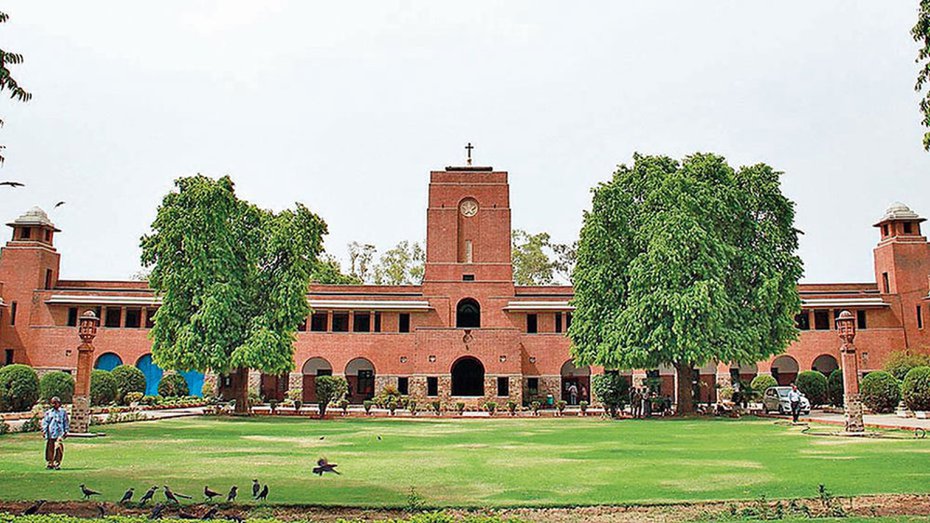Delhi University’s executive council has approved nine new centres under a separate system of governance in keeping with the Institution of Eminence (IoE) scheme, brushing aside opposition from teacher representatives in the varsity’s top decision-making body.
The teachers have dubbed it a recipe for commercialisation of education, as the new centres would be insulated from the regulatory powers of bodies like the executive council (EC) and the academic council.
While the DU Teachers Association (DUTA) has opposed Wednesday’s go-ahead, the teacher representatives in the EC have submitted a note of dissent.
The university has been selected under the human resource development ministry’s IoE scheme, a tag that makes any public-funded institution eligible for government grants of up to Rs 1,000 crore.
All institutions selected for the eminence tag will also get relaxation from University Grants Commission norms on opening campuses and deciding fee structures and courses.
But all those selected — 10 public-funded and 10 private institutions — will have to implement all the initiatives proposed under the IoE scheme.
Sources said the HRD ministry on Monday held a meeting where the DU vice-chancellor, Prof. Yogesh Tyagi, was asked to submit the IoE memorandum of understanding (MoU) to avoid loss of funds.
Apart from the initiative to start the nine centres under a separate governance system, the varsity has submitted several other plans including contractual appointments, hike in student fees, and recruitment of up to 20 per cent foreign faculty on an incentive-based, differential pay structure.
“We have protested the IoE MoU because it seriously compromises the character of DU which has been providing quality education to all kinds of students,” executive council member Rajesh Jha said.
He said the vice-chancellor held an emergency meeting of the council within a notice of two days, giving the EC members hardly any time to examine the proposals in detail.
“It was a stage-managed meeting. There were more special invitee members than regular members,” Jha added.
DUTA president Rajib Ray too said the EC members were not given reasonable time to apply their minds and debate the implications of the IoE proposal. “The proposal is a blueprint for steady commercialisation of the university through an undertaking to start self-financing courses and online degree programmes at a massive scale in nine new thrust areas,” Ray said.
The proposals the varsity has submitted also bind the institute in an obligation to raise Rs 95 crore for meeting recurring expenses like salaries and Rs 350 crore for non-recurring capital expenditure by 2025.










